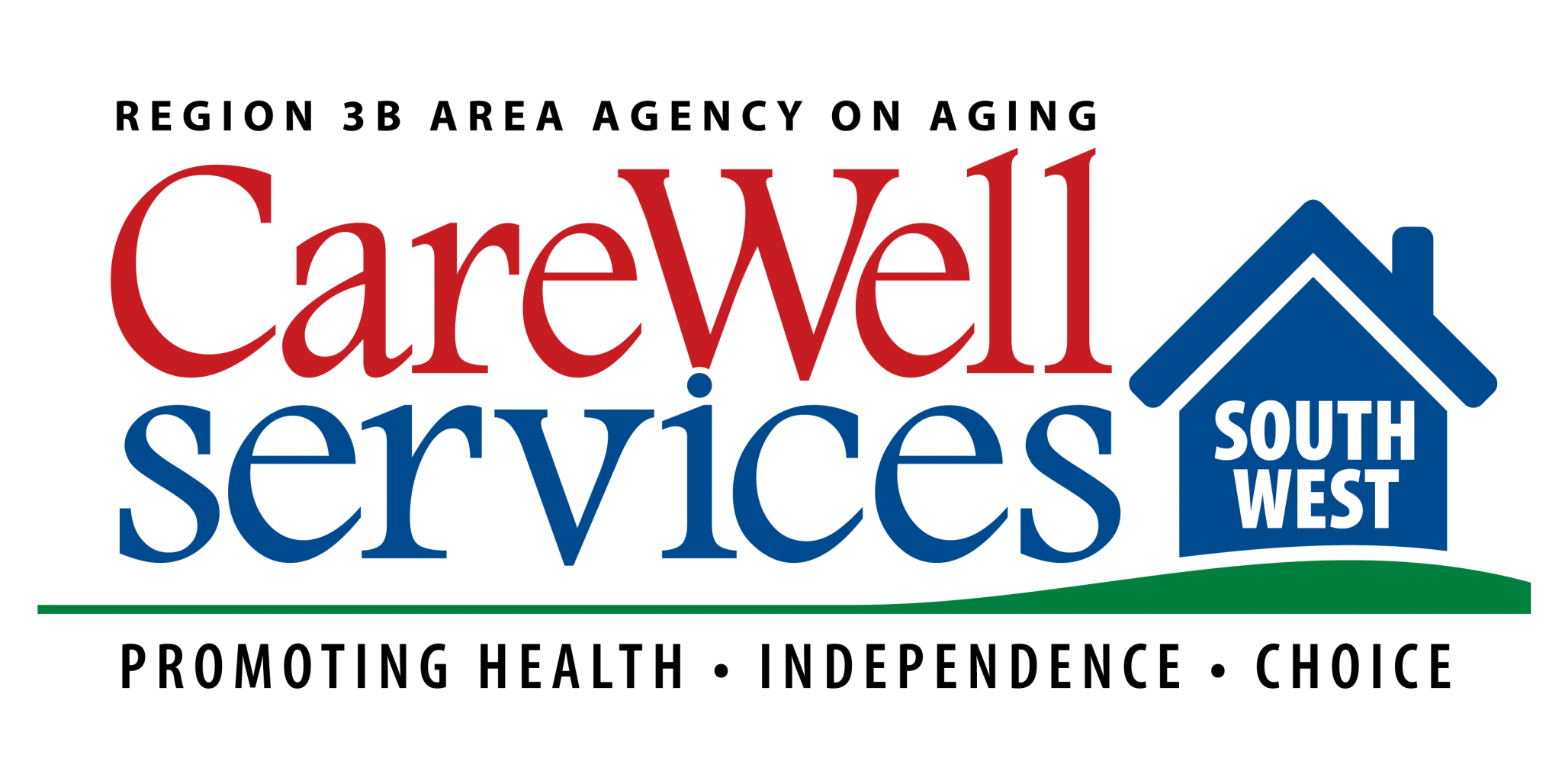
Colleen Acker, BeWell Activities Program Coordinator
“Dementia is an umbrella term used to describe a range of neurological conditions affecting the brain that get worse over time,” according to the National Alzheimer’s and Dementia Resource Center.
There are six elements of functioning that are impacted by dementia: memory, language skills, sensory perception, comprehension, concentration, and reasoning. As the disease progresses, each of these are more profoundly affected. Memories tend to be childhood memories. A person may long for the home of long ago and not recognize their current living space as “home.” Word finding can become difficult resulting in an inability to express themselves.
The person may have perfect vision but does not comprehend what they see correctly. The same can happen with hearing. Sounds no longer carry the usual meaning. A knock on the door could send the person looking for the source in other parts of the house. A fire alarm may solicit anger instead of relaying a message of danger. The senses of smell and touch are similarly affected.
Following directions of more than two steps may become impossible. For example, handwashing may need supervision as the person may forget what to do once the water is on and the soap is in their hands. Money, time, and distance are no longer something the person can understand. Focusing on anything for a prolonged period of time is a struggle. A long story or puzzle may be overstimulating or aggravating if the person loses the context. A person with dementia will have trouble making good decisions of any kind, even something as practical as dressing for the weather. They may choose a sweater and boots when going outside on a hot summer day.
While there is no cure for dementia, it is beneficial to get a diagnosis as early as possible. With a diagnosis, the person may be eligible for trials and drugs that can slow the progress of the disease. Knowing what to expect gives families time to discuss finances and prepare for the care the person will need in the near future. It also allows the person with dementia to be involved in these decisions.
If you suspect someone you love has dementia, urge them to consult a medical professional. Seek out caregiver programs, support groups, and create the network you will need to face this challenge together.
CareWell Services hosts a Caregiver Support Circle on the second and fourth Thursdays of each month at the Kool Family Community Center at 3pm. We’d love for you to join us!

